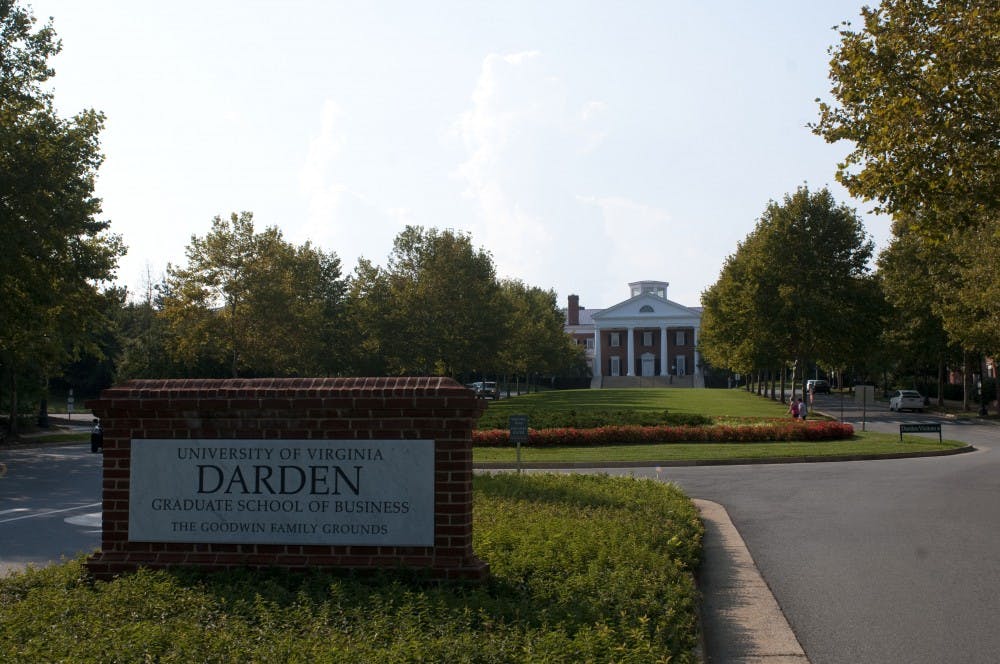Student debt is rising rapidly, and the most significant portion of its growth is coming from those pursuing graduate and professional degrees. According to a recent report released by the New American Foundation, the median borrower pursuing a masters of arts owed $37,965 dollars in 2004. By 2012, the median debt was $58,539 dollars. The median debt owed by a law student has nearly doubled, increasing from $76,816 dollars in 2004 to $128,125 in 2012.
Recently, the University’s Board of Visitors approved several graduate tuition increases, ranging from 1.2 to 19.6 percent. These tuition increases are in line with peer institutions, and they will help to raise University faculty salaries, but tuition hikes makes the threat of student debt more severe.
Unlike undergraduate tuition, where many forms of federal aid are available, graduate students have fewer routes for financial support.
“[The only financial aid] graduate students are eligible for from the federal government is an unsubsidized direct loan and a Grad PLUS loan,” said Jennifer Huvley, director of financial aid at the Law School.
Though many parents help shoulder the cost of undergraduate tuition, the financial burden of graduate school often falls completely upon students themselves.
Dennis Snyder, assistant director of financial aid at the Medical School, said for most graduate students, the only viable way to pay tuition is through loans.
“For medical school, loans are a necessary option,” Snyder said.
The Medical School encourages students to minimize the amount of loans they take out and live frugally if they have less money to spend, Snyder said.
University graduate schools use a variety of strategies to help students manage their debt. At the Law School, every student who has taken out a loan is required to complete an online counseling service and attend in-person counseling with Huvley. As graduation approaches, students are required to complete online counseling and meet with Huvley again to assess how they will manage their debt once they graduate.
As most students in medical school cannot work given the workload, the Medical School’s efforts to curtail student debt come largely in the form of offering financial advice to its students.
“The large part of our effort is explaining to our students how to manage their debt once they leave medical school,” Snyder said.
Snyder said while the University’s graduate schools have meetings to discuss how to best assist their students, the most productive advice comes from conventions with peer medical institutions.
For students who enter public service after graduation, several forms of assistance are available to help pay off debt. The United States Public Service Loan Forgiveness Program allows those working in public service to qualify for forgiveness on their remaining debt after making 120 qualifying payments.
The Law School’s Virginia Loan Forgiveness Program helps attorneys in the public sector who make less than $75,000 dollars annually. Those who make less than $55,000 dollars and graduated in 2013 or after are eligible to receive benefits which cover 100 percent of law school loans.
“If all of those [Law school graduates] went to big law firm jobs then, who would represent that defendant in the county jail who can’t afford legal representation?” Huvley said.
Snyder doesn’t said he does not believe debt is ultimately stopping students from entering medical school.
“We have more applicants than we can accept each year,” he said.







